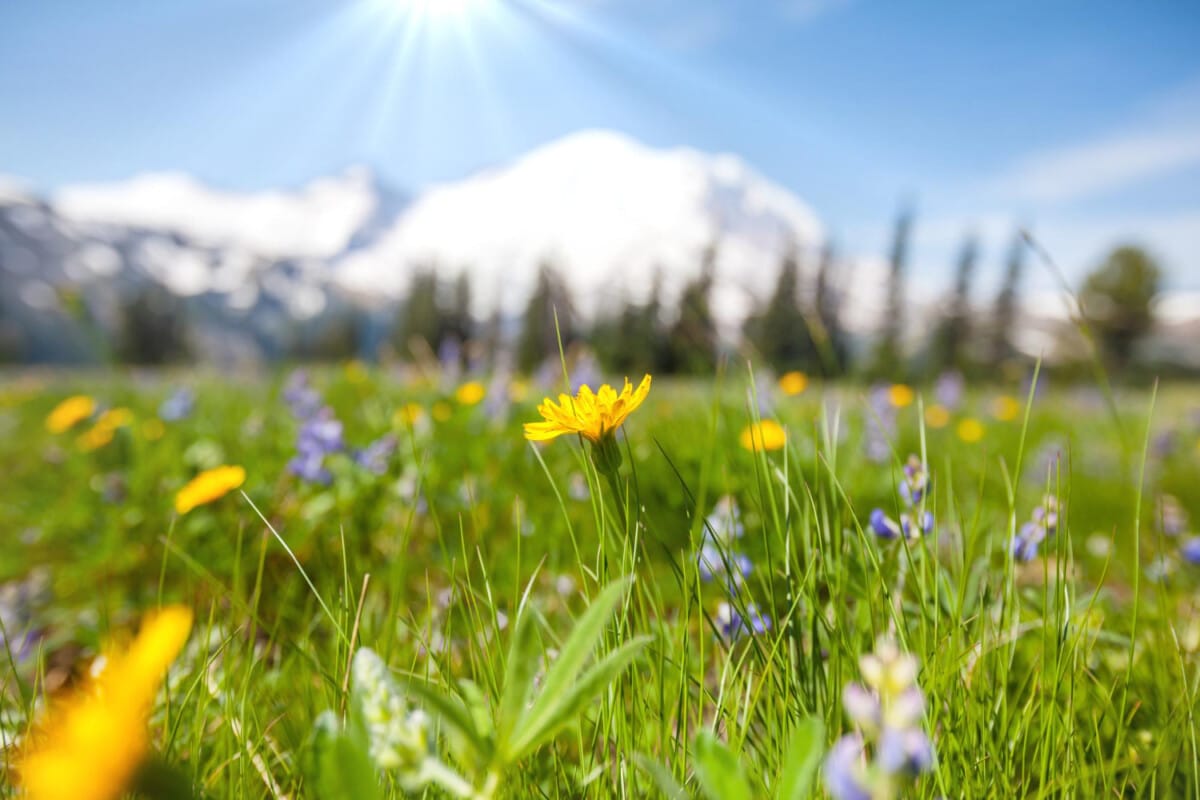Green Words, Bright Futures: Teaching English That Connects Students to the Planet
When students discuss nature and the environment, they’re not just talking about trees, oceans, or wildlife; they’re engaging with a subject that resonates in every aspect of everyday life. For English learners, the language of nature opens up conversations that range from local environmental practices to global discussions about climate change. This topic provides them with the words and ideas to participate in discussions that matter—from the park near their home to international talks on conservation.
In today’s world, environmental topics are everywhere. Whether it’s about the recycling bins at school, weather patterns affecting daily commutes, or community events focused on green initiatives, students use this vocabulary to connect with their surroundings. They learn how to describe a forest, discuss the effects of pollution, or even explore why certain species are endangered. Such knowledge does more than bolster vocabulary—it empowers learners to share insights, ask questions, and express opinions about the world they live in.
Moreover, talking about nature and the environment gives students the chance to voice their thoughts on sustainability and conservation, topics that are increasingly important as global issues like climate change become part of everyday conversation. It encourages them to consider how individual actions, like conserving water or recycling, relate to larger environmental impacts. These discussions help students develop a deeper sense of responsibility and build the communication skills needed to advocate for a better world.
When students exchange ideas about nature in English, they’re not just learning language—they’re learning to connect with a global community. They explore how different cultures respect the earth, how urban life integrates green spaces, and how simple actions can lead to significant changes. In the classroom, these discussions can spark debates or research assignments that bridge language learning with real-world issues.
Add this set of paragraphs to your teaching library today and empower your students to speak up for the planet while practicing English—because every conversation about our environment nurtures a healthier, more informed future for all.









